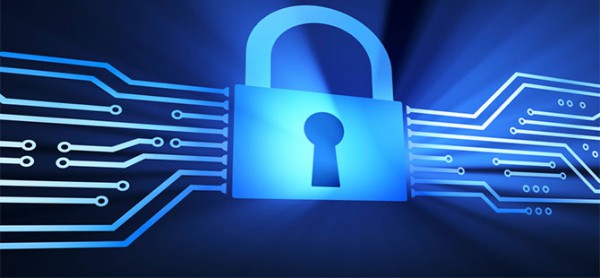The recent hackings of the U.S. Federal Government’s Office has heightened the attention of America’s vulnerability when it comes to cybersecurity. With at least 4 million people from intelligence communities, and the military affected by this latest attack, the numbers are expected to rise. However, there are things that can be done to aid innocent civilians.
Cybersecurity and the Government

A breach of information being leaked to the public is an ever-present threat in this new age of hackings. Government agencies are especially at risk because of the sensitive national-security and civilian data that is stored on their systems. While the cloud systems become more of a common practice, opening the data networks and sharing them with outside sources can make the private information more susceptible to hackers. With the speed at which technology moves is it possible for cloud computing to effectively put an end to cybercrime? Cybercrime has become an even larger threat to the populace than nuclear weapons. Unfortunately, terrorists see this vulnerability, and they are doing everything that they can to expose the many risks. While poor security guidelines and a lack of proper IT support is partly to blame for cybercrime, the latest advances in cloud computing can provide reliable solutions. When it comes to governmental cybersecurity, Web applications being used by the Federal Government failed to meet the proper security standards over 75 percent of the time.
Cybersecurity Risks for the Coming Year
From fraud and identity theft to corporate and governmental hackings, cybersecurity has never been so important to the country. Masters and bachelor degree programs such as the one at Utica College specialize in cyber-forensics, intelligence and operations, and these cyber-security degrees and tools can arm the U.S. with the methods needed to combat this form of crime. In regards to hacking, experts warn that there could be plenty of more risks ahead. Ransomware is similar to malware as it limits the ability to access a computer system once it’s been infected. In the coming years, it could be even more dangerous as the methods used become more sophisticated. As more and more items in a household are connected to the Internet such as vehicles and appliances, consumers will also become more vulnerable to cybercrime. Governments have their own worries as cyber-espionage has become the primary weapon of choice. When it comes to the next world war, it’s sure to be fought via keyboard. From disrupting the lives of their adversaries to stealing money, terror groups are probably already planning their next moves.
Cybersecurity and What it Means for You
Governmental access alone is bad enough when it comes to cybercrime for the citizens of the country, and you’ve already seen the start. Cyber-theft is the stealing of important information such as stolen credit card data, bank information and debit cards. However, as the latest technological gadgets allow consumers to pay for items in various ways, especially through smartphone apps, there will be new opportunities for hackers to gain information. That’s why stores and any other retail establishment that you provide personal information to need to find more secure methods in preventing the thievery. Easy to decipher passwords are another vulnerable area for consumers. In addition to weak passwords, the recovery systems in place when a person forgets them are also lacking. Internet hackers can find the answers to security questions by deciphering personal information.
Protection from Cybercrime
When it comes to cybercrime, there are a number of things that you can do to protect yourself. You can start with your password. While you probably want something easy to remember, a weak password can place you at risk. Try to shoot for something with eight characters. It should also include a mixture of numbers, symbols and letters if allowed. You should also update your software automatically. Most people implement the updates after the computer has become infected. This could leave your computer and information vulnerable to hackers. You should be suspicious of pop ups and unknown sites asking you to download a program for free. Instead, go to official sites and only download information that is from a reputable source. When your computer is not in use, you should shut it down. This cuts the time that your computer could be hacked, especially when you’re not manning it. Hackers can also log into your computer’s camera, so you should use tape or paper to cover the device when not in use. Governmental agencies can also ramp up their cybersecurity by hiring individuals trained in cybersecurity. They should also up their testing procedures and fix a problem immediately after it fails the first time.





